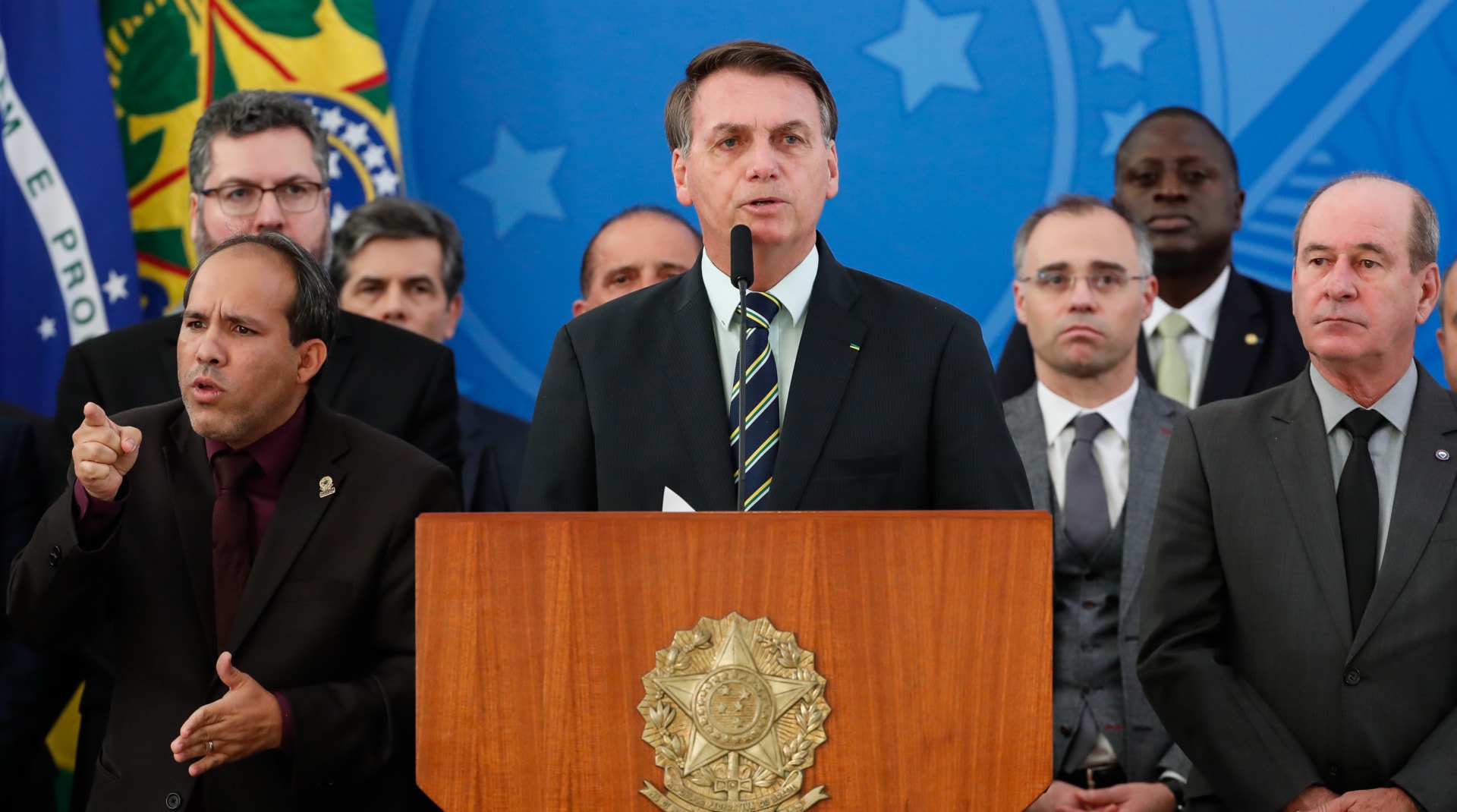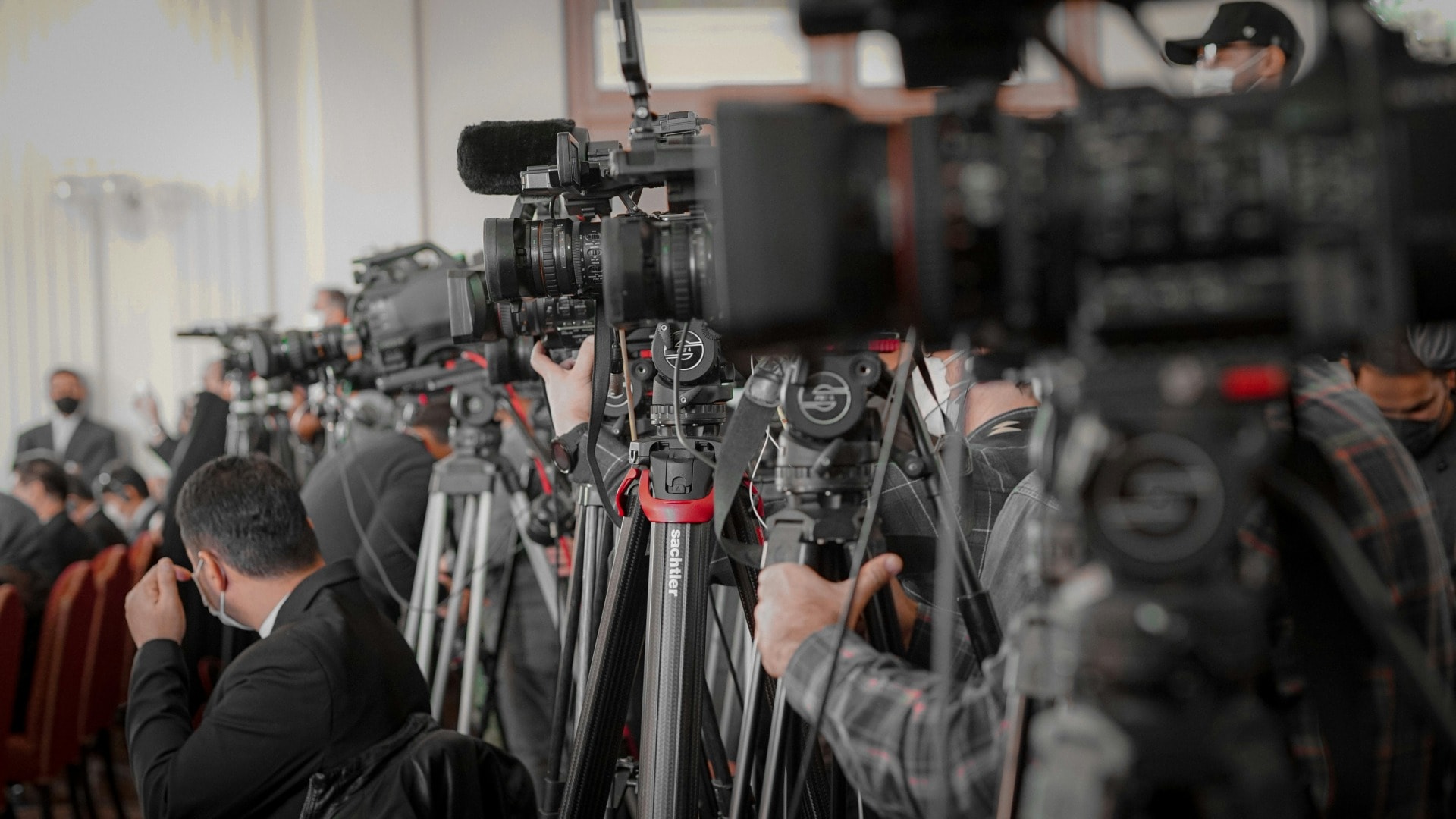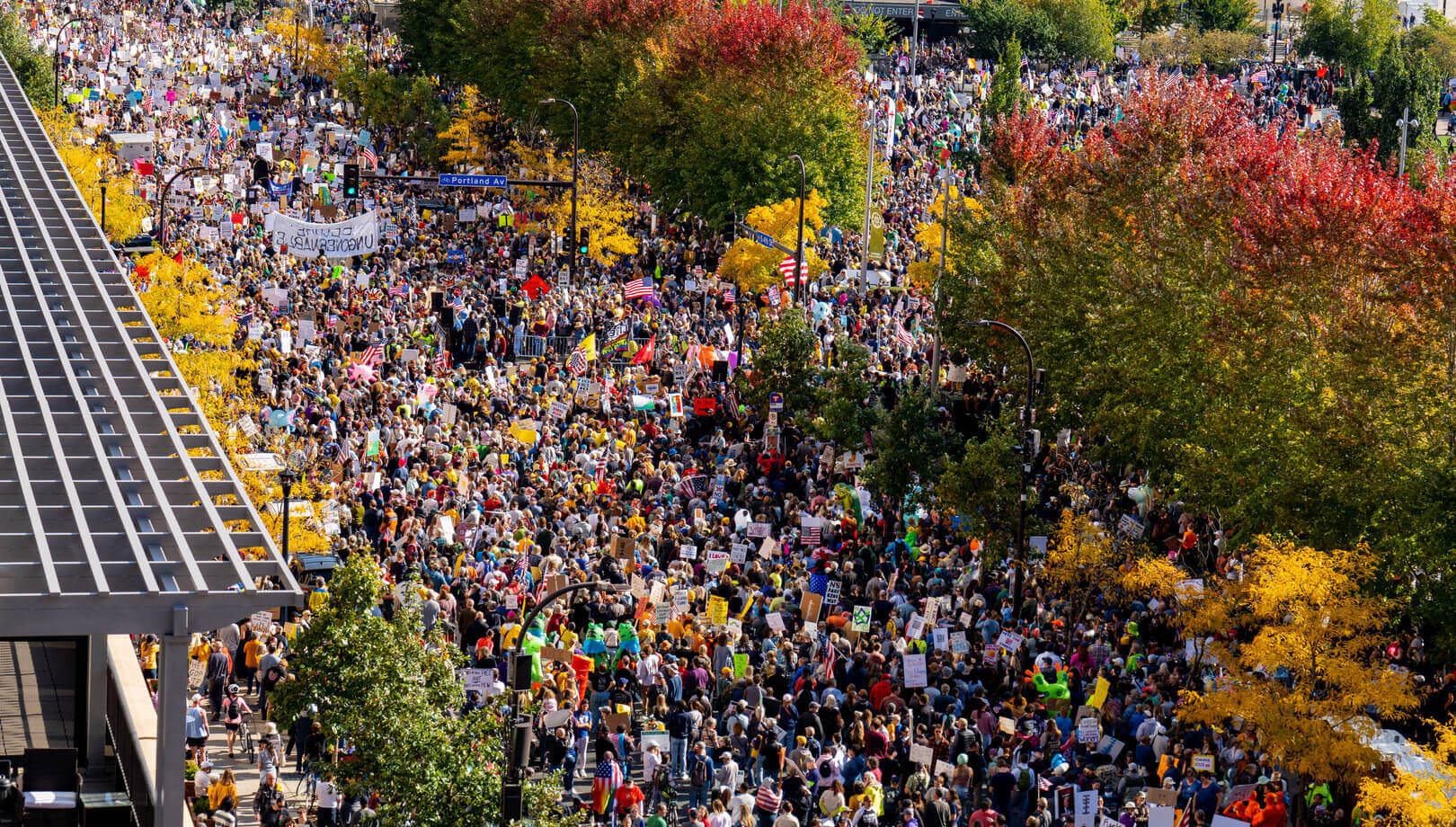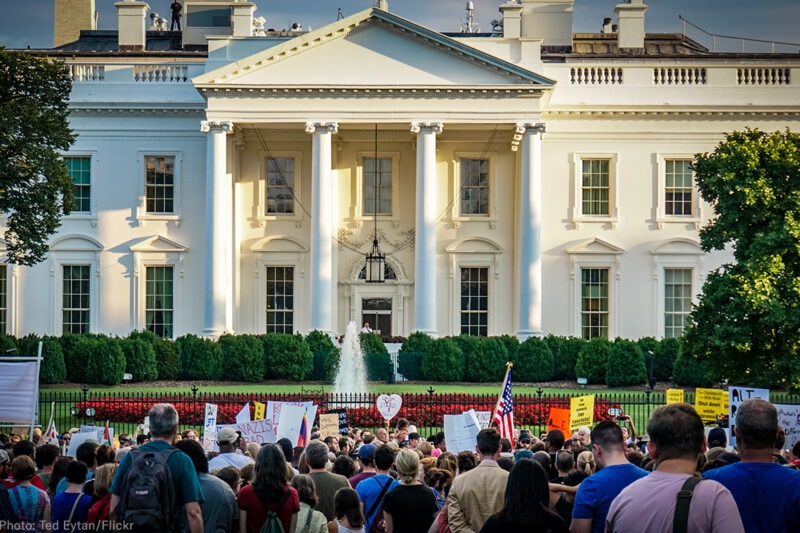A few months ago, I was on a flight to Washington, D.C., and sitting next to me was a man in his mid-twenties. It was a pleasure talking to him; he has led a very interesting life, having travelled around the world as an architect designing sustainable and affordable living solutions for slum-dwellers.
The conversation then turned to me, and the places I had lived. I told him I had lived for six years in Oman, and how much I loved it there. He asked me about the system of governance there, and I told him we have a sultan. He shook his head in disapproval. He said “It’s so unfortunate that Oman is among these backward Arab countries that haven’t yet embraced democracy.”
I was torn; should I defend Oman and start a heated debate about the strong implications of calling an entire nation/region “backward”, or should I just stay quiet and avoid an uncomfortable plane journey? I reluctantly decided on the latter, and we shifted back to cordial conversation. But that one comment has stuck in my mind, and made me think long and hard about what it means to be “democratic,” and what subconscious beliefs we have about it.
The Western world, and particularly America, is seen as the world’s role model of what it means to be democratic, to the extent that it claims to hold the responsibility of spreading it around the world. But the so-called election race raging at the moment, along with the recent Brexit vote, has made me critically examine the strengths and weaknesses of the golden system.
Related Article : Impakter Essay: The Ugly Side of Brexit |
Understanding American Democracy
American democracy has a twist to it – the superdelegate system, which has attracted considerable controversy. It was created in the 1980s, when certain reforms had been made in the Democratic Party to promote the inclusion of women and minorities. Elected officials and party elders saw themselves as having less influence than they once did. Thus, the superdelegate category was created, who would win the position based on their status in the party. As of now, superdelegates make up 15% of the total delegates, and are not bound to pledge to any candidate until the convention. They generally only change their votes if they see the voters shifting towards another candidate.

Larry Diamond, a professor at Stanford University and one of the top experts in America on democracy, said the superdelegate system “strengthens political parties which are important institutions in a democracy, and it provides a break against unfettered populism. Obviously, it reduces somewhat the influence of the popular vote, but this effect is modest. Our founders intended for us to have a representative democracy in which elected officials could filter and channel the immediate expression of popular preferences.”
Professor Diamond argues that currently the importance of backing from lobbyists is “less so than before due to the potential to raise large sums in small amounts from ordinary citizens over the Internet and such.” While this does make sense and there has definitely been a leap in citizen donation in the current election race, it is evident in all aspects of life – and especially in politics – having the right connections is highly correlated with success.
Backroom deals and internal-party corruption seem to signify that often it’s not always “power to the people,” but power to certain select people. But those are problems that have developed over time and are not inherent to the democratic system.
When Too Much Democracy Can Be A Bad Thing
On the other hand, has the democratic system gone too far in the Western world, to the extent that anyone can become president or entire referendums can be swayed from popular yet not always informed votes?
Initially, people had laughed about Donald Trump ever even winning the Republican nomination, yet here he is, in the running for the American presidency. How can a man who insults women, threatens to build a wall at the Mexican border and perpetuates anti-Muslim rhetoric even be allowed to have a chance at becoming the leader of the world’s most powerful country? Despite his outrageous foreign policy plans and his divisive language, he is not breaking any rules; he has funded his own campaign and according to the rules of democracy anyone can become leader, regardless of who they are.

Here is a moment where core democratic values could lead to an unfavorable outcomes.
By staying true to democracy, a racist bigot could well be the face of the modern world. It is shocking that someone spreading so much hate can come so far and have such die-hard supporters. Since his campaign, racist hate crimes have increased and an environment of intolerance has come to light. Trump’s run for office implicitly encourages people to look up to him as a role model and accept his xenophobic comments as true.
Another recent event where democracy has resulted in a messy situation is the Brexit debacle.
Only after the vote did some of the Leave camp see that their decision would have unanticipated consequences. Nigel Farage had promised that by leaving the EU, Britain would save £ 350 million/week, which would all be directed towards the National Health System. The morning after the vote, Farage himself said that this was inaccurate, and that he regretted saying it earlier. David Cameron resigned, the British Pound fell to its lowest value since 1985, and to deter other members from exiting as well, the EU will not make things easy for Britain.
To make things worse, the vote was so close – Leave 52%, Remain 48% – that the vote has left the country completely divided. Almost just as many people wanted to stay as wanted to leave, and even some of those who wanted to leave now wish they could go back and change their decision.
Further analysis into the Brexit voter breakdown revealed another unsettling angle.
As the image below shows, the vast majority of the youth voted to stay in the EU, while the percentage of those who voted to leave progressively increased throughout older generations.
These are very important statistics to keep in mind, as it is the younger generations who will have to live the longest with the consequences of the vote. The ones who will have to deal with the future repercussions were the ones who were outvoted by those whose lives won’t be as affected.
Yet again, abiding by the democratic system led to an outcome that is not in the best interest of the nation and its future generations.

At this point, it’s important to realize that many of the problems discussed in this article are not to do with the nature of the democratic system, but rather with making emotionally-fueled and uninformed decisions.
The fact that the most searched question in Google the day after the vote was “What is the EU?” is very unsettling; it shows that so many of the people who voted did not even know what they were voting for – rather they got caught up in the whirl of emotions stirred by misleading politicians. Had they been aware of the pros and cons of both the Leave and Remain decisions, it may well be that the majority still would have chosen Leave – but at least it would have been a decision whose consequences had been thought of and accepted.
But even if all decisions in a democratic vote are informed ones, is it still fair that people who won’t have to live much with the consequences also get to vote? Or that because democracy is open to anyone, even a racist bigot who makes outrageous, mind-boggling claims can become president?
According to Professor Diamond, “weighting votes is a slippery slope toward elitism and class bias. I believe in one person one vote. If young people had voted and mobilized heavily in Britain, Brexit would have lost. The key is to VOTE.”
Likewise, regarding Trump’s presence and the idea that there should be certain criteria for who can run in the presidential election he says “And who is going to be the judge of who can run–which elite gatekeeper? Trump is a bigot and a scoundrel but our constitution gives him the right to run. We need to mobilize to defeat him at the polls.”
The key is to vote.
I used to think that picking out all of the pitfalls and paradoxes of the system of governance was a sign of intellect. But after thinking long and hard about the topic and talking to experts in the field, I have come to realize that systems are in place because they work, whether it is democracy in the West or absolute monarchy in Oman.
Democracy is a fair and logical system of governance, yet I do think that on the one hand, it has been modified into a biased and unequal version, and on the other hand staying too true to it and taking it too seriously is resulting in unfavorable outcomes.
But those unfavorable outcomes are not because of kinks in the system, but because voters are not taking the time to either show up or be informed.
I think we can improve the effectiveness of the democratic system. Democracy, though it has its blind spots, is still the most advanced system we have come up with. It’s time that we bring out the best in it, by taking steps to make sure that it brings out the best in us.
—














